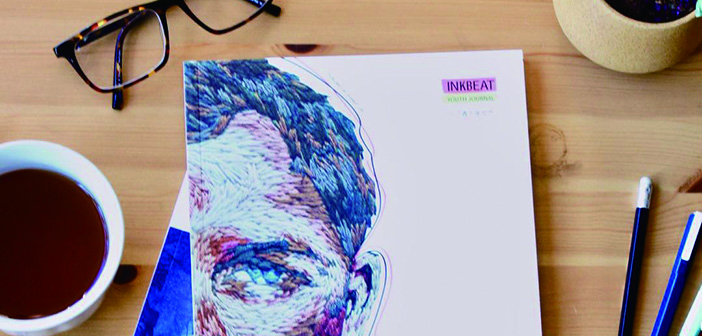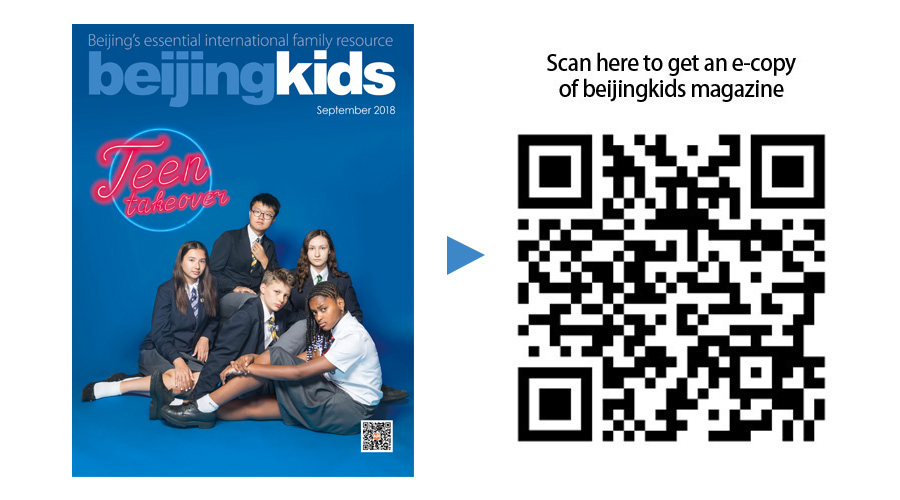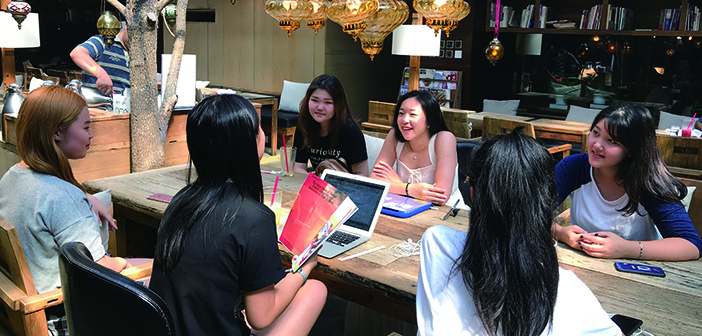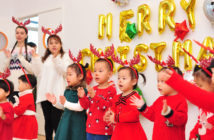Clubs come in all shapes and sizes in order to fit the unique needs of students. They allow young people to expand, nurture, and develop leadership skills or other talents that might be neglected in their normal curriculum. Whether it be athletic, academic, or creative, these clubs offer students the perfect opportunities to connect with others who have the same interests and do so in an atmosphere that is very focused and passion driven.
Here are some examples of a couple clubs that are available to students from any school, along with some valuable insight about these clubs from active members. In our process of seeking out these clubs, we also learned about a couple of instances of students building their own groups focused on either a particular interest or a service to the community that wasn’t yet being offered through their school. They explain a bit of the process to help those wanting to get the ball rolling at their own school.
We hope you find this to be a helpful primer for learning about some of the great afterschool activities this city has to offer, and it encourages you to try something new.
UNIT-E
UNIT-E is a student-run trilingual magazine that distributes to over ten different international schools in Beijing including Western Academy of Beijing (WAB), International School of Beijing (ISB), and Dulwich College Beijing (DCB). The students are from various schools in Beijing, and they work as a team to create a bimonthly publication that offers a platform for their peers to showcase their journalism and artwork. Editor of UNIT-E, Melody Chen, tells us more about what you can expect through joining the team.

Melody Chen
What led you to first join UNIT-E?
I joined UNIT-E because I was looking for an opportunity to share my creativity and opinions through writing. Since UNIT-E is distributed to schools all around Beijing, it would have a bigger audience and more writers that I can communicate with than a school magazine.
How has UNIT-E developed your interests or skills?
Writing is one of my biggest interests, and UNIT-E has definitely helped me improve my skills in that area. Especially through editing other writers’ articles and taking notice of the details in their texts, I was able to pay more attention to specific things like grammar, sentence fluency, tone, etc. By correcting their writing, I think it helped me reflect on what I need to improve on in my writing as well.
Has being a part of the magazine helped you meet or interact with any new people?
Definitely. In distribution meetings, I can often find people I didn’t know who were from different schools than me. During the mostly laid-back discussions we had in those meetings, I got to interact with them and get to know them.
What do you enjoy most about UNIT-E?
I like that I get to both help other writers with my feedback and learn from reading their articles. It is always interesting to step away from my own perspective and embrace what someone else has to offer – including subject matters that I’m not familiar with and different writing styles.
How is UNIT-E different from your average school newspaper?
The biggest difference is that it’s on a bigger scale. There are people from plenty of different schools involved in the writing and design processes, and the magazines are distributed so that most of the international school community can read them. Other than having a wider audience, UNIT-E is also not limited to just school happenings that most school newspapers publish. Each issue covers a broad range of topics from reports of current issues to horoscopes and fiction.
For more information, contact 19tinas@wab.edu

InkBeat Arts
Inkbeat Arts is a social enterprise dedicated to creative education. They design and deliver creative arts programming that pushes the limits of students’ creativity, publish the InkBeat Youth Journal, and support a community of young people based on experimentation and the artistic process. We talked with Jennifer Zhou to find out more.

Jennifer Zhou
What is InkBeat Arts?
InkBeat Arts is an organization that aims to foster creative learning in young people. As well as publishing InkBeat Youth Journal which showcases student writing and art, InkBeat also designs creative arts programs and holds workshops on things such as creative reading, self-expression, and visual writing.
How does InkBeat Arts play a role in your life?
I’ve been a student intern for InkBeat for about a year, and can definitely say that it’s a rewarding and unique experience. My tasks as an intern range from the serious and thought-provoking: holding writer interviews, or moderating a panel of student authors, to the fun and unconventional: writing speed poetry at InkBeat’s release party or writing an article about comic books for a superpowers-themed issue.
Tell me about your favorite experience from InkBeat. What made it so remarkable?
At the launch party for InkBeat’s second issue, I moderated a panel of student writers – together we discussed topics ranging from their writing habits and favorite books to their perception of literature and dreams for the future. It was fascinating (and, I won’t lie, a little intimidating) to meet so many insanely talented writers, and I truly enjoyed getting to hear their many candid, quirky, and humorous thoughts in the discussion.
Tell me more about these launch parties. What is typically done at one?
InkBeat’s launch parties are usually fun, dynamic events filled with a variety of activities – piece readings, author Q&As, student panels, and speed poetry stations, just to name a few. InkBeat has introduced me to everyone from amateur authors to professional writers to aspiring photographers to fanatical literature lovers, and I’ve thoroughly enjoyed getting to know every one of them.
What’s the most unique or notable thing about this organization?
The way it revels in all things creative – in all ages, in all mediums.
For more information, email info@beijingyouthlit.com

Photos: Courtesy of InkBeat Arts and Unit-E
A complete version of this article appeared on p44-48 of the beijingkids September 2018 Teen Takeover issue.




